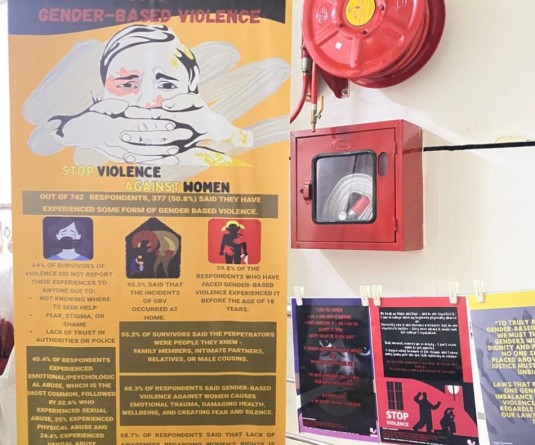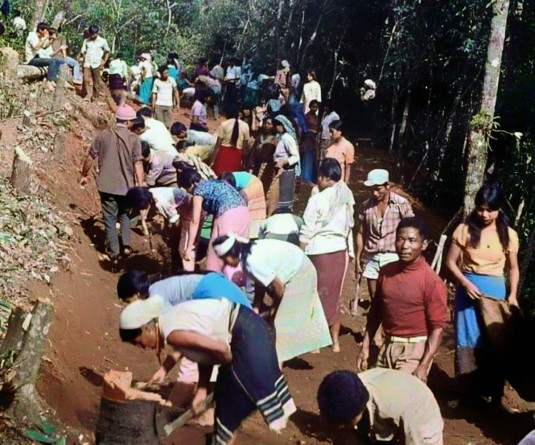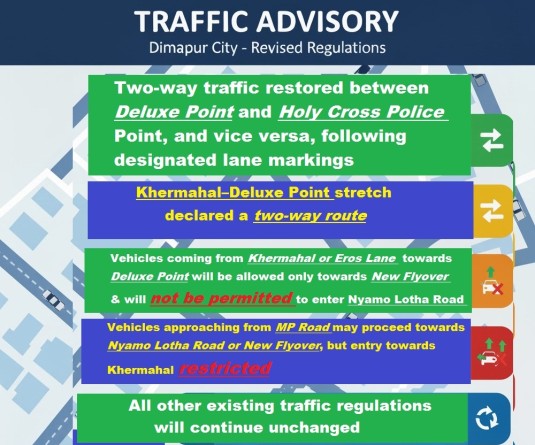
Gender sensitive legal measures prog at Kohima College explore its nuances
KOHIMA, March 3 (MExN): Cyber crime is a fast-growing area of crime causing serious harm and pose very real threats to victims worldwide, especially to women, Chief Judicial Magistrate, Kohima Mezivolu T. Therieh said today. She was speaking as a resource person in legal awareness programme on gender sensitive legal measures was organised under the aegis of the Rajiv Gandhi National Institute of Youth Development (RGNIYD) in collaboration with National Services Scheme (NSS), for the Student of Kohima College on March 3. Four resources persons from the legal background were drawn together to speak on various legal topics at the programme.
Taking the advantage of convenience and anonymity of the internet, criminals are exploiting peoples through social media and modern communication networks by attracting and luring people to commit crimes in various forms, she further highlighted.
In this context, speaking on the topic, “Online violence and exploitation against girls," Therieh highlighted the students about the legal implication of using fake profiles online and said, “Using someone’s personal information for the purpose of committing a crime or to harass or offend someone could face criminal charges.”
“If you find a fake profile that is pretending to be you and is harassing or threatening you, then you should report it straight away to the police and file an FIR’s or contact the website administrator” she further told the gathering.
Addiction to the internet, lack of awareness about cyber laws, easy accessibility and partial computer literacy lead to either commission of cyber crime or becoming a victim, she maintained adding that “Women are more vulnerable” to such attacks.
Speaking on ‘Gender Equality’ Lawyer Joshua Sheqi emphasized on the gender issue: the ‘misunderstood war of sexes’ which he traced to feminism movement - the vocal campaigners for women’s right. Taking recourse to Global Human Development Report 2003, overview of women empowerment around the world, he stated while Nagas women do not conform to the general perception of women’s status in India, there is grim reality in the context of decision making as they are not allowed to be at the forefront in this area. He further noted “33% seat reservation for women passed by the state legislature could not take off, nor is the 25% reservation for women at the VDB being practiced and Naga women were excluded from formal decision making processes. In possession of land, Naga women have been hardly acknowledgment of the ownership of land by women leading to hardship, he added.
Sheqi also pointed out that while women exclusion acutely prevails in rural areas, even at the state level, there are many rooms for improvement. “Since Nagaland got statehood in 1963, no Naga woman has ever been elected to the state legislature, except Rano Shaiza, who was once elected to the parliament in 1977.”
Other resources persons who also spoke on various legal topics includes; Neiteo Koza, a lawyer who spoke on basic legal rights and Zheholi Swu, lawyer spoke on human trafficking and immoral trafficking (prevention) Act.
Earlier, the programme was chaired by Dr. Zavise Rume, Associate professor, SCERT, welcome address by Dr. Watijunshi, Principal, KCK and introduction of the programme was delivered by Vekrotso Swuro, special officer, higher education.






